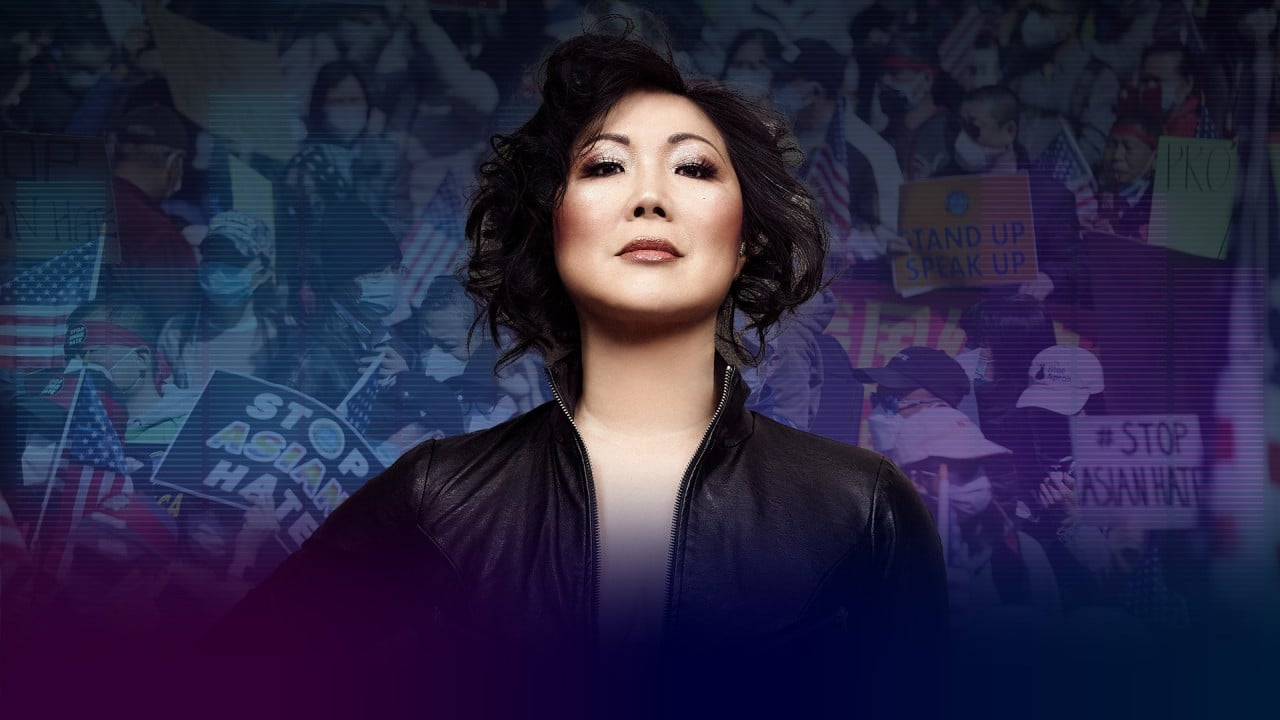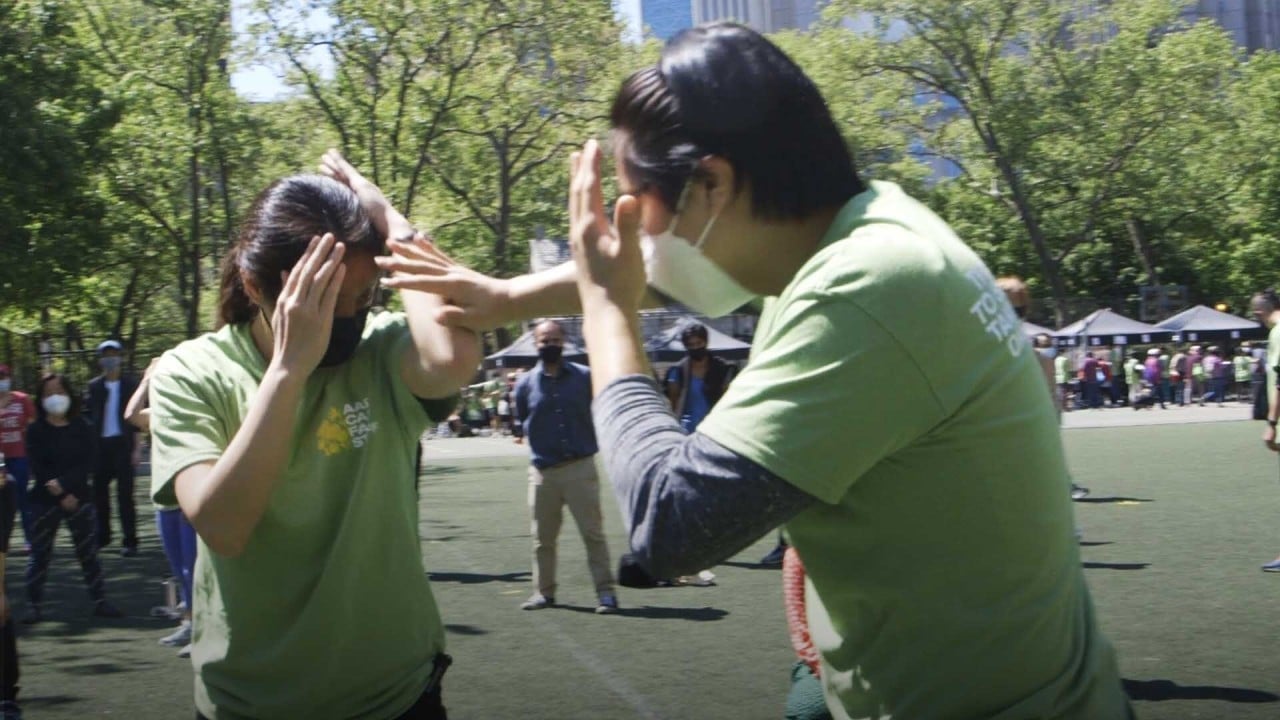
Affirmative action in US universities is unfair, not least to Asian-Americans
- Preferential treatment in university admissions for some minorities but not others is neither fair nor in the American spirit
- It also takes away from the achievements of those, like Asian-Americans, who have managed to succeed without affirmative action, or even in spite of it
Affirmative action is not an end in itself but a means contrived to achieve a specific end. That end is to “ensure that applicants are treated equally without regard to race, colour, religion, sex or national origin”, according to the executive order signed by president John F. Kennedy in 1961.
Nothing is more ironic and illogical than implementing a means opposite to the end it strives for. So much for Dr Martin Luther King Jnr’s dream for his children to one day “live in a nation where they will not be judged by the colour of their skin but by the content of their character”.

Affirmative action in universities rests upon a simple axiom: the only way to increase the share going to certain groups while not enlarging the pie means reducing the shares of other groups. The favouring of particular minorities when applicants compete for the same spots without increasing the overall number of seats available inevitably adversely affects the minorities who do not receive this preferential treatment – and is hence unfair.
Should Asian-Americans be given special electoral preferences to ensure that our representation in Congress is proportional to our population? Should an Asian-American be appointed to sit on the Supreme Court since there has never been an Asian-American justice? How about bringing affirmative action to the NBA where just 0.2 per cent of players are of Asian descent so we can have “equality of opportunity” in sports?
The educational success of Asians in the United States was never the result of initiatives on the part of the federal government or society at large to actively uplift the community. Nor did Asian-Americans ever need the half-baked commitment of Harvard University carrying out affirmative action in the name of levelling the playing field, while at the same time allowing for so-called legacy admissions – a preference given to family members of alumni.
If Justice Sonia Sotomayor in her memoir, My Beloved World, is indeed right about the purpose of affirmative action, that it is “to create the conditions whereby students from disadvantaged backgrounds could be brought to the starting line”, this effort is negated by the simultaneous allowance of privileges like family legacies and large donations in the admission process, which skew the “starting line”, the very thing affirmative action was supposed to correct.
Thus, the current form of affirmative action is neither a necessary nor sufficient condition to uplift minorities. Policies in the public and private sector, education system, job market and elsewhere should be focused less on the equality of outcome – whether admitting students based on a racial distribution to achieve a certain level of classroom diversity or meeting diversity obligations to satisfy a company’s shareholders – and more on true equality of opportunity.
That should include providing educational resources in disenfranchised communities to improve academic performance and fostering awareness of the importance of higher education to economic prosperity and social mobility.
As a first-generation Asian-American, the generalisation that Asian-Americans are hardworking, for better or worse, can indeed be partly attributed to the work ethic and salutary culture inculcated by immigrant parents who believe the land of the free is a meritocracy that offers opportunities to everyone, so long as they work hard.
And if one historically oppressed minority group can succeed without affirmative action – or rather in spite of it – so can others. Suggesting certain groups cannot, and that therefore we must resort to affirmative action, is in defiance of the reality of the minority groups who did exactly that and disregards their efforts in doing so.
Jin Qiu is a first-generation Chinese-American pursuing a bachelor’s degree in economics and finance in the United States

.jpg?itok=-t0t_3cu&v=1686636894)

